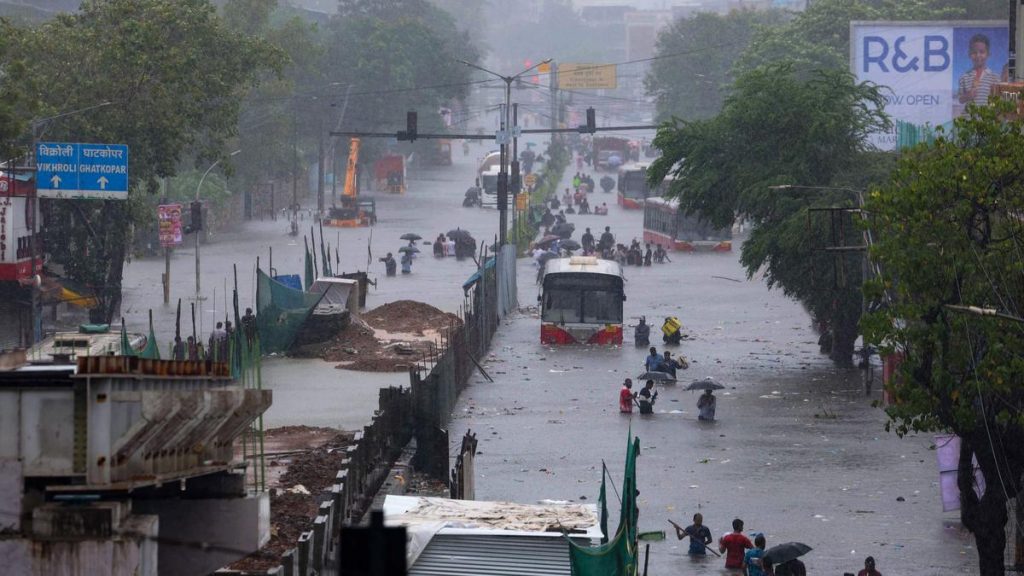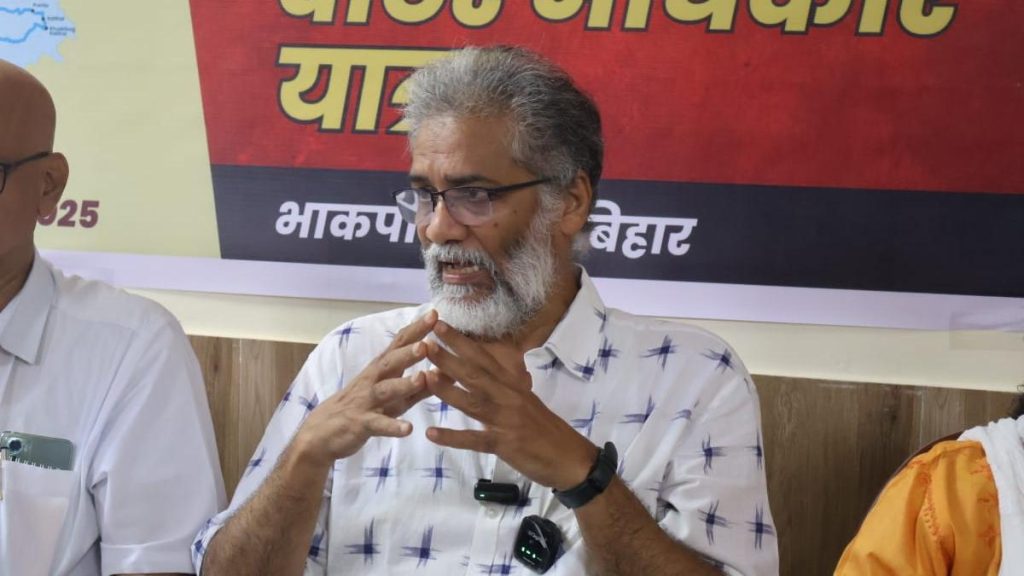Now Reading: Telangana Govt Announces Allotment of 2,620 Liquor Outlets for 2025-27 at ₹5 Lakh Annual Fee
-
01
Telangana Govt Announces Allotment of 2,620 Liquor Outlets for 2025-27 at ₹5 Lakh Annual Fee
Telangana Govt Announces Allotment of 2,620 Liquor Outlets for 2025-27 at ₹5 Lakh Annual Fee
Quick Summary
- Notification Details: Telangana government has notified the allotment of retail liquor shops (A4) across the state for the period December 1, 2025, to November 30, 2027.
- Application fee Hike: The non-refundable application fee has been increased from ₹2 lakh to ₹3 lakh per outlet during this license period.
- Shop Numbers and License duration unchanged: Number of outlets remains fixed at 2,620 with a license duration of two years.
- Reservation Quotas: Allotment includes quotas for specific groups – 15% for Goud community applicants, 10% for Scheduled Castes (SC), and 5% for Scheduled Tribes (ST).
- Revenue Estimate: Government expected to earn around ₹1,400 crore through Retail Shop Excise Tax (RSET), special excise tax fees, and licensing charges.
- Excise Tax Slabs by Population Size:
– ₹50 lakh in areas with ≤5K population.
– Up to ₹1.1 crore in areas with >20 lakh population.
- Walk-in Stores Permission: Outlets can be converted into walk-in stores on payment of an additional fee of ₹5 lakh per year. such stores may sell alcohol-related accessories alongside regular offerings.
- Turnover Tax Clause Introduced: A turnover tax (10%) applies if annual purchases exceed ten times annual RSET value.
- Provision if Shops Remain Unsold: Telangana Beverages Corporation Limited or Excise Department may establish unsold outlets post-allotment.
Indian Opinion Analysis
The Telangana government’s decision reflects a strategy aimed at balancing revenue generation with equitable access through reserved quotas catering to marginalized communities like SCs/STs and gouds. This inclusive approach aligns with broader social equity goals while concurrently boosting state finances-estimated over ₹1,400 crore in revenue-to support other public needs.
The hike in application fees could deter smaller players while favoring higher bidders from urban areas where competition typically drives RSET values far beyond base rates due to multiple bids-a phenomenon mentioned as recurring historically during auctions.
Additionally, conversion options into walk-in stores improve operational adaptability but raise concerns about heightened commercialization or convenience risks that might amplify alcohol consumption habits among consumers.
While most structural aspects remain unchanged (shop count and licensing tenure), new provisions like turnover taxes aim at better regulation under large-scale business operations but could increase compliance burdens on retail licensees. Overall openness within allocation processes-especially reservations-is critical amidst growing criticism of favoritism or procedural irregularities often debated nationwide regarding such schemes.
For further details:
Read More






















